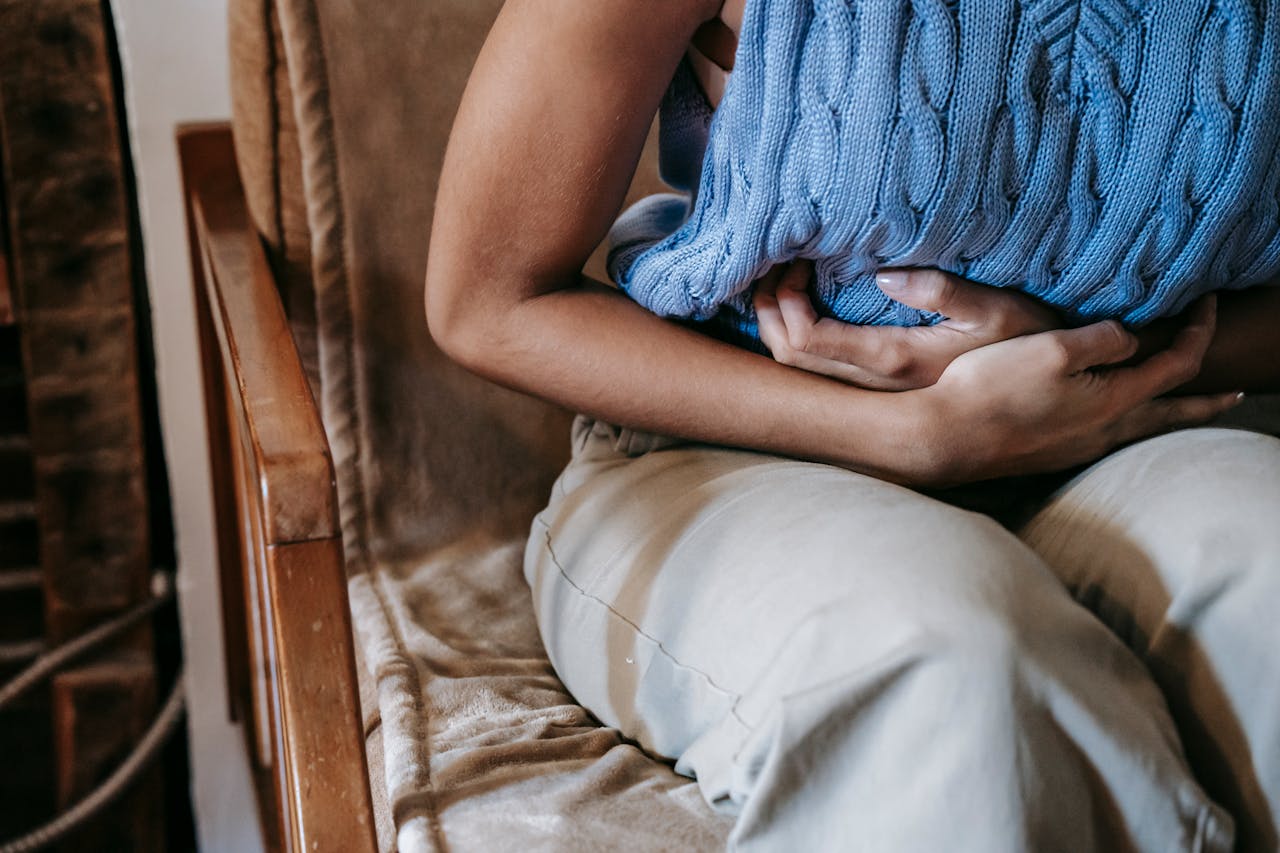Physical Wellness
When is the Best Time to Poop?

(Photo : Pexels / Sora Shimazaki)
Our stools act as silent messengers, revealing information about our dietary habits, hydration levels and potential health concerns. From frequency to appearance, the nuances of our bowel movements offer a revealing glimpse into our overall health.
According to gastroenterologists, there isn't a universally ideal time of day to defecate, but rather a consistent routine is paramount. Dr. Will Bulsiewicz, a respected gastroenterologist based in Charleston, South Carolina, and author of "Fiber Fueled," emphasized the significance of rhythmicity in bodily functions, aligning with the natural cycles of day and night.
"Similar to nearly all other life on this planet, our body functions on a rhythm that aligns with the rise and fall of the sun. Rhythm is important," Bulsiewicz said, Eating Well reported.
"When our gut is in rhythm, we are having good, complete and regular bowel movements that are satisfying. Having an irregular gut rhythm compromises our bowel motility [the movement of food and waste through the digestive system] and our gut microbiome. This may manifest with chronic constipation or irritable bowel syndrome."
Dr. Kenneth Brown, a gastroenterologist from Plano, Texas, and host of the Gut Check Project podcast, noted the morning as a favorable time for bowel movements due to several physiological factors.
Circadian Rhythms
Our bodies operate on a 24-hour internal clock known as circadian rhythms, regulating physiological processes such as digestion. The colon is typically more active during the day, reaching its peak activity in the morning. Additionally, natural cortisol levels rise in the morning, potentially stimulating bowel movements, according to Brown.
Overnight Fasting
"During sleep, our digestive system is relatively inactive, allowing the colon to accumulate stool," Brown explained. "This is a good thing because we'd prefer to not have to wake up at night to poop," Bulsiewicz added. The colon accumulates waste overnight, and in the morning, bowel movements naturally occur more readily, a consensus among the doctors.
Gastrocolic Reflex
"After eating or drinking, our stomach stretches, triggering a physiological response called the gastrocolic reflex. This reflex stimulates the colon to contract and move its contents forward, leading to a bowel movement," Brown said. This reflex is typically strongest in the morning, particularly after hydrating and consuming breakfast.
Understanding how circadian rhythms, fasting and reflexes work together gives valuable insights for improving digestive health.









Join the Conversation